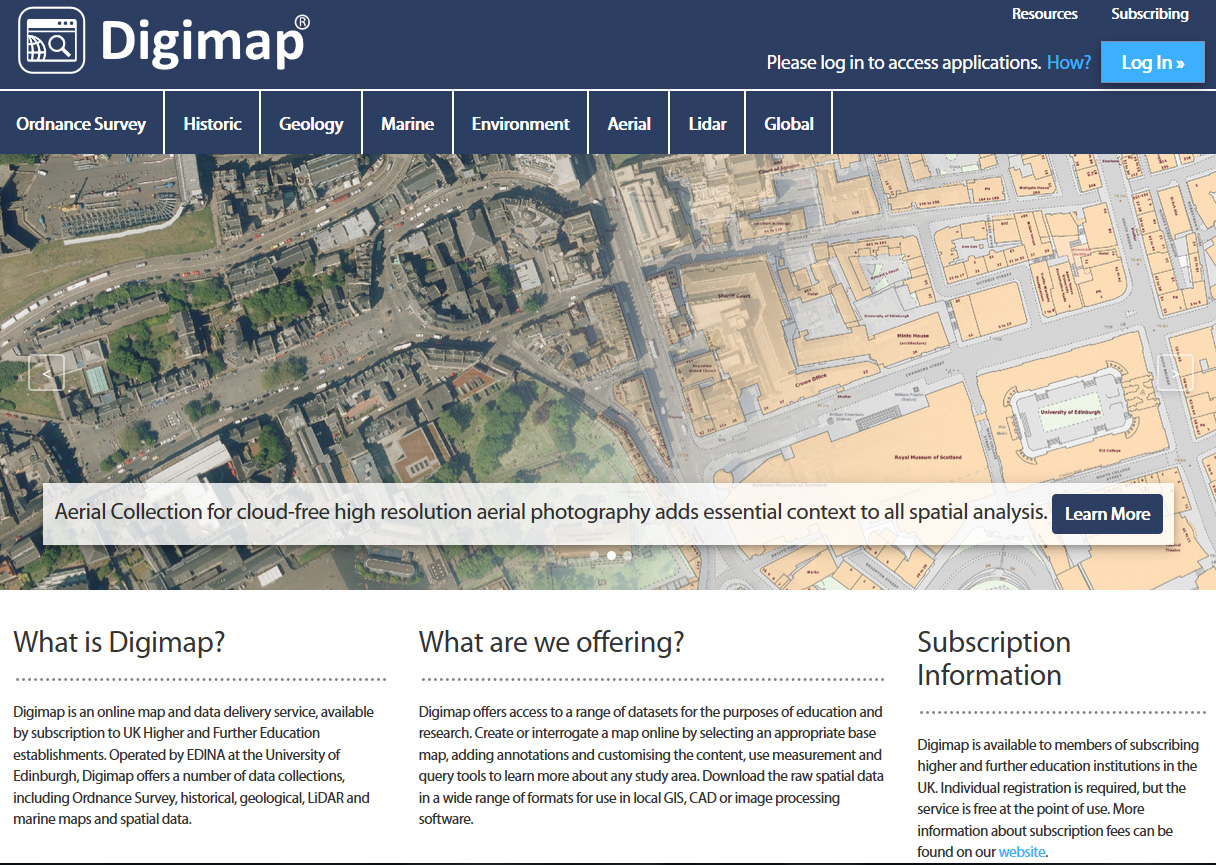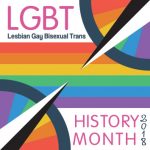 New Library research guide
New Library research guide
Disability and inclusion is an area of research which can cover a wide range of academic disciplines. In celebration of this weekend’s Disability Awareness Day, the Library has introduced a new online guide to support research into disability and inclusion-related topics. The guide takes the same format as our subject guides but focuses on the range of materials available from the Library and Special Collections relating to disability and inclusion.
It has been created to help you find some of the key resources the Library can provide in this area, as well as point you towards other useful online resources, libraries and archives.
We’d love to hear your feedback on our new guide, so let us know what you think!
Suggest more diverse library resources
You can also help us to diversify the Library’s collections by putting forward your suggestions for Library materials to help support a more diverse curriculum. All you need to do is suggest a book, DVD, topic or author for purchase in an area you feel is currently underrepresented in our Library collections and we’ll do the rest!
To put forward your requests for consideration just complete our Diversify our collections suggestion form.
If you would like to suggest other items for the Library, please complete our regular book suggestion form.
New titles purchased in 2018-19
Examples of material purchased from this fund include:
- The Routledge history of disability
- Blind visitor experiences at art museums
- Disability, avoidance and the academy: challenging resistance
- Madness, distress, and the politics of disablement
- Disability as diversity in higher education: policies and practices to enhance student success
You can see all the Diversity fund titles purchased in current and previous academic years on our dedicated Library Diversity fund reading lists.
Kerry Webb, Associate Director (Academic Liaison and Support)


 As of 18 February the latest round of book moves are complete. All of the books and other materials from the 2nd Floor have been moved to the 4th Floor so that work can start on refurbishing the 2nd Floor.
As of 18 February the latest round of book moves are complete. All of the books and other materials from the 2nd Floor have been moved to the 4th Floor so that work can start on refurbishing the 2nd Floor.




 Work on the University’s major
Work on the University’s major 
 As part of the refurbishment we have taken the opportunity to review the words and colours we use to designate each section in the Library. We have gathered feedback from students and will be trying out some new approaches over the coming months to see if we can make it easier for you to find the items you need.
As part of the refurbishment we have taken the opportunity to review the words and colours we use to designate each section in the Library. We have gathered feedback from students and will be trying out some new approaches over the coming months to see if we can make it easier for you to find the items you need.
 Our collections include rare books, manuscripts, records, letters, photographs, maps and drawings. Using this type of material can add a unique dimension to your work and enliven your dissertation. You could, for example, encounter the annotations of previous readers in a book and discover what they thought of a text, get a glimpse of the inner workings of a farm or a publishing company by looking at their records, or find out how new discoveries in your discipline were communicated and disseminated at the time. You are also much more likely to produce original research, which will help you gain you a better mark, and you will develop valuable research and critical thinking skills.
Our collections include rare books, manuscripts, records, letters, photographs, maps and drawings. Using this type of material can add a unique dimension to your work and enliven your dissertation. You could, for example, encounter the annotations of previous readers in a book and discover what they thought of a text, get a glimpse of the inner workings of a farm or a publishing company by looking at their records, or find out how new discoveries in your discipline were communicated and disseminated at the time. You are also much more likely to produce original research, which will help you gain you a better mark, and you will develop valuable research and critical thinking skills. Mills & Boon romantic fiction
Mills & Boon romantic fiction You may be surprised at the variety of material you can access to support your research! See the
You may be surprised at the variety of material you can access to support your research! See the  Items from our collections cannot be borrowed, but they can be consulted in our reading room. You’re advised to plan ahead and contact Special Collections prior to your visit, so that we can have the material ready for you for when you arrive. We are based on the London Road campus, in the same building as the Museum of English Rural Life.
Items from our collections cannot be borrowed, but they can be consulted in our reading room. You’re advised to plan ahead and contact Special Collections prior to your visit, so that we can have the material ready for you for when you arrive. We are based on the London Road campus, in the same building as the Museum of English Rural Life. In celebration of February’s
In celebration of February’s